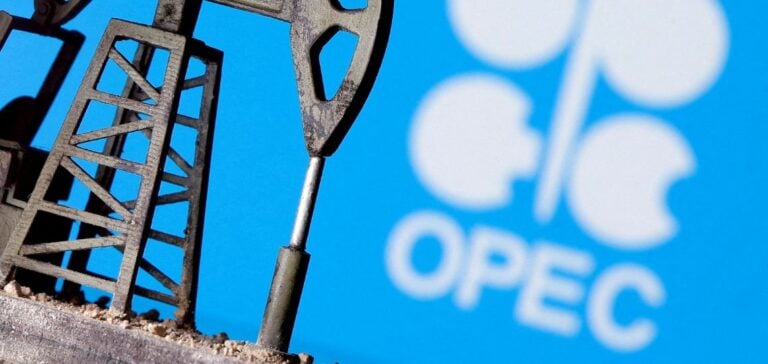The OPEC+ group, composed of major oil-producing nations, is set to hold a crucial meeting on December 1 to decide the future of planned production cuts. Initially scheduled in Vienna, the meeting will now take place online, reflecting internal disagreements over quota compliance and ongoing geopolitical tensions.
At the heart of the discussions lies the decision to maintain or adjust the current voluntary production cuts of 2.2 million barrels per day (b/d), currently extended until January. Analysts foresee a possible delay or adjustment to these cuts in response to uncertain global demand, partly driven by slowing economic growth in China, the world’s second-largest oil consumer.
Demand forecasts and strategic divergences
Projections for global oil demand vary. While OPEC remains optimistic, forecasting an increase of 1.82 million b/d in 2024, the International Energy Agency (IEA) predicts a more modest rise of 920,000 b/d. This disparity highlights persistent uncertainties surrounding global economic recovery, exacerbated by inflationary pressures and geopolitical challenges.
Current prices, with Brent crude priced at $74.59 per barrel on November 26, remain below the threshold estimated to prompt the group to increase production. Some analysts suggest maintaining existing quotas or even implementing further cuts to support prices.
Internal challenges and member compliance
Several members, including Iraq, Russia, and Kazakhstan, exceeded their quotas in 2024 and must compensate through additional reductions in 2025. Internal tensions are further exacerbated by the position of the United Arab Emirates, which secured a 300,000 b/d quota increase for 2024, potentially increasing the group’s overall supply.
One scenario proposed by analysts involves extending the current quotas through the second quarter of 2025. Such a measure would limit the impact of scheduled refinery maintenance at the end of winter, a traditionally weak period for demand.
Geopolitical factors and external uncertainties
Geopolitics also plays a crucial role in the upcoming decisions. The recent truce between Israel and Hezbollah could ease tensions in the Middle East, but risks remain in Ukraine and regarding potential sanctions against Iran. The latter, exempted from OPEC+ quotas, has increased its production by over 600,000 b/d since 2022, adding another challenge to the group’s coordination.
Furthermore, the incoming Trump administration in January 2025 could reshape global oil dynamics, with a potential increase in U.S. production and a reevaluation of international sanctions. This could intensify competition for market share, increasing pressure on OPEC+ to maintain its current strategy or consider additional reductions.






















